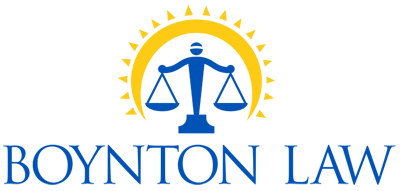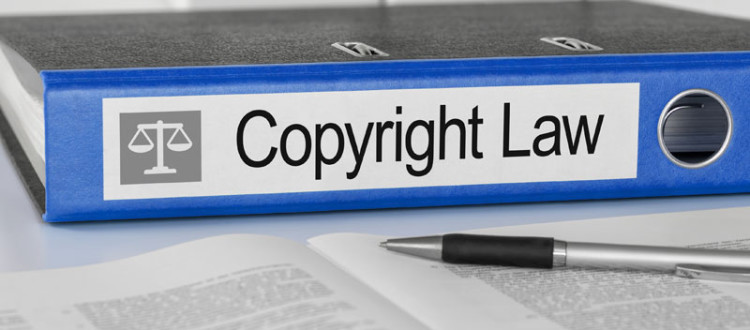Introduction To Copyright Law – what is Copyright Infringement?
Copyright infringement occurs when someone exercises control over the exclusive rights of the owner without the owner’s authorization. The exclusive rights of the author include the right of the author to: (1) reproduce their work either privately or publicly, (2) prepare derivative works either privately or publicly. A derivative work is “any work that is based on the original work such as arrangements, dramatizations, fictionalization’s, films recordings, abridgments condensations or any other form recast transformed or adopted. (3) Distribution, this is a limiting provision also called the first sale doctrine. This includes “the right to distribute copies or phono-records to the public by sale or other transfer of ownership or by rental, lease, or lending; (4). Performance to the public, including rights in literary, musical, dramatic, choreographic, motion picture, other audiovisual, and (5) public display, which is relatively a new concept, which limits the lawful owner of a copy to display one image of the copy at the place where it is located. This limitation of the copyright owner applies to situations like multiple television broadcasts and computer terminals.

